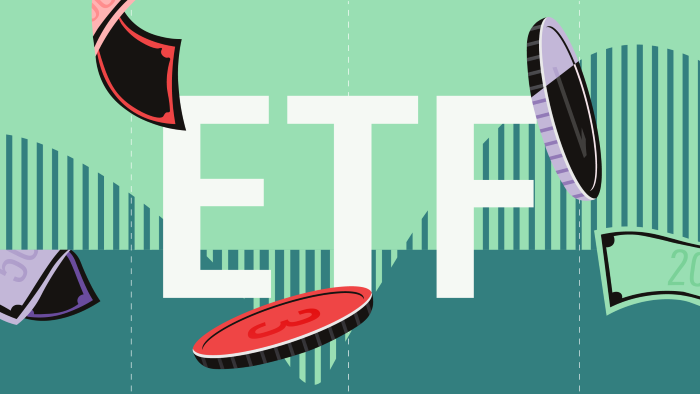Læs hele analysen af Seadrill her.
Investringsanalyse, Jason Stevens, 4. december 2014
Seadrill is a maverick offshore driller. In an industry where many of the top management teams survived a 20-year downturn and a strong balance sheet is prized, Seadrill is almost recklessly aggressive with its leveraged balance sheet. However, its rig fleet is one of the industry's newest and most advanced, which could be quite valuable in a post-Macondo world, where improved safety equipment and practices will be of paramount importance.
The latest incarnation of Seadrill was formed in 2005 by John Fredriksen, the mastermind behind Frontline's consolidation of the oil tanker market. Today, Fredriksen owns around a third of Seadrill's stock, and the company shares many of Frontline's traits, such as large dividend payouts, opportunistic investing, and substantial financial leverage. Oil and gas companies are moving further and further offshore in search of the next giant find. Offshore discoveries are quite attractive for large oil and gas companies such as ExxonMobil and Shell, which are unable to access the majority of the world's reserves because those reserves are controlled by state-owned companies.
Seadrill has taken advantage of this healthy demand for rigs to expand its fleet far faster than any other offshore driller in recent memory. The firm has grown from 11 rigs in 2005 to 48 rigs in 2013 (adjusted for its recent tender rig sale), with an additional 20 rigs under construction. As a result, we expect Seadrill's deep-water fleet to be second in size behind Transocean's. Seadrill has accomplished this rapid growth through a variety of financial maneuvers all designed to extract as much cash as possible from the rigs up front, rather than over the rigs' 30- to 40-year life span. The company generally constructs the rigs using debt rather the cash flows from its existing fleet and also uses sales and leaseback agreements to generate cash immediately. Seadrill then pays out the cash as dividends, uses it to make acquisitions, or opportunistically invests it in debt or equity instruments, which have generally been very profitable.
Bulls and Bears say
Bulls say
- Seadrill owns one of the newest and most advanced deep-water fleets in the world.
- Seadrill's opportunistic investing talents have generated hundreds of millions of dollars in gains for shareholders over the past decade.
- Seadrill will repurchase up to 10% of outstanding shares with some of the cash that would have been used to pay dividends.
Bears say
- The 2014 and 2015 offshore market outlook is growing more challenging. Seadrill highlighted delays in capital spending on the part of the oil and gas companies, which means a lower level of fixtures, lead times, and contract durations and an increase in the number of rig sublets.
- Seadrill's leveraged balance sheet could topple under its own weight during a sustained downturn in deep-water drilling.
- Seadrill takes on additional financing risk by ordering many of its deep-water rigs without a contract in place.
©2014 Morningstar. All rights reserved. The information, data, analyses, and opinions contained herein (1) are proprietary to Morningstar, Inc. and its affiliates (collectively, “Morningstar”), (2) may not be copied or redistributed, (3) do not constitute investment advice offered by Morningstar (4) are provided solely for informational purposes and therefore are not an offer to buy or sell a security, and (5) are not warranted to be accurate, complete, or timely. Certain information may be self-reported by the investment vehicle and not subject to independent verification. Morningstar shall not be responsible for any trading decisions, damages, or other losses resulting from, or related to, this information, data, analyses or opinions or their use. Past performance is no guarantee of future results.

















